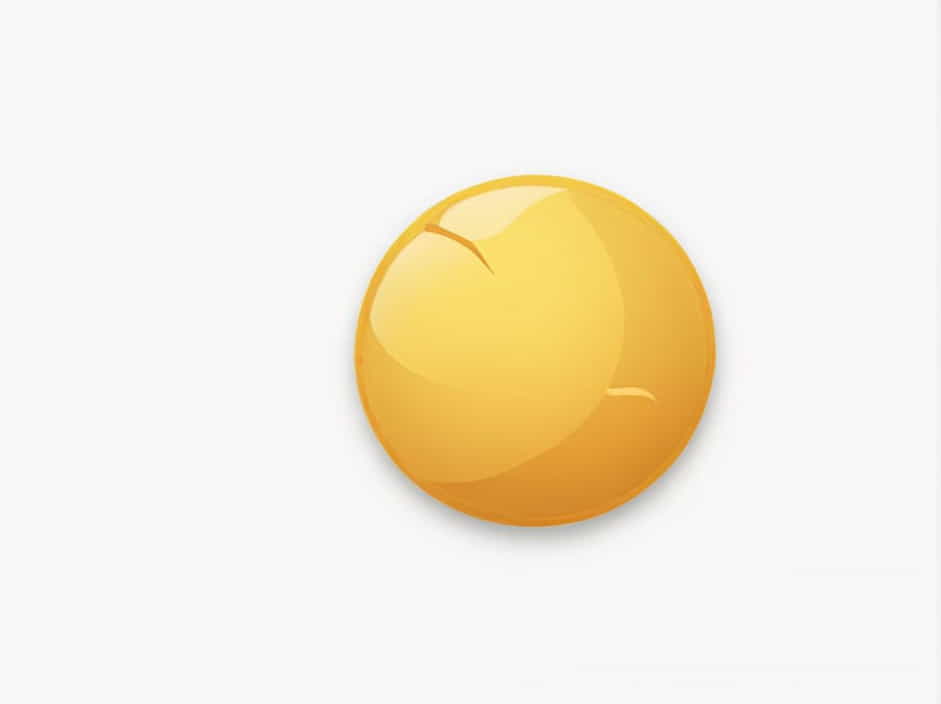The term “cornball” is often used to describe something or someone that is overly sentimental, old-fashioned, or embarrassingly uncool. But where did this word come from, and how did it evolve into its modern meaning?
This topic explores the origin, historical usage, and cultural significance of the word “cornball.” We will also discuss its impact on pop culture and how it is used today.
What Does “Cornball” Mean?
Before diving into its origins, let’s define what “cornball” actually means. The word is commonly used to describe:
✔ Cheesy or outdated humor – Jokes that are overly simple or old-fashioned.
✔ Over-the-top sentimentality – Excessive displays of emotion that seem insincere.
✔ Uncool behavior – Actions that are perceived as awkward or socially embarrassing.
For example, a cornball joke might be something a dad tells at the dinner table, while a cornball person might be someone who enthusiastically embraces outdated trends.
Where Did the Term “Cornball” Come From?
1. The Connection to Corny
The word “cornball” is closely related to the term “corny,” which means something old-fashioned, unsophisticated, or overly sentimental.
The term “corny” dates back to the early 20th century and was used to describe jokes, movies, or attitudes that were considered outdated or overly sentimental. “Cornball” emerged as a stronger version of “corny”, referring to something that was not only outdated but also embarrassingly unsophisticated.
2. The Agricultural Influence
Some linguists believe the term is connected to rural America and the association of corn with simplicity and rustic life. In the early 1900s, corn was often linked to folk culture and unsophisticated humor, which led to “corny” and “cornball” being used to describe something uncultured or old-fashioned.
3. Use in Vaudeville and Early Entertainment
During the 1920s and 1930s, “cornball” was commonly used in vaudeville theater to describe low-brow or simplistic comedy. Many traveling entertainers relied on easy, predictable humor, which critics and audiences sometimes dismissed as “corny” or “cornball” material.
How “Cornball” Became Popular in American Culture
1. The Rise of Hollywood and Radio Shows
As movies and radio gained popularity in the 1930s and 1940s, the term “cornball” became more widely used to describe predictable or exaggerated storytelling. Many early radio hosts and comedians would poke fun at overly dramatic or sentimental performances, calling them “cornball acts.”
2. The Influence of Stand-Up Comedy
By the 1950s and 1960s, stand-up comedians and entertainers used the term “cornball” to mock overly predictable humor. It was often applied to comedians who relied on old-fashioned jokes or exaggerated physical comedy.
3. Use in Pop Culture and Television
The word “cornball” became more mainstream in the 1970s and 1980s, especially in television and movies. Sitcoms and comedy shows often used the term to describe characters who were outdated, overly sentimental, or socially awkward.
Some famous examples include:
✔ Sitcom dads who tell cheesy jokes.
✔ Over-the-top romantic scenes in soap operas.
✔ Uncool but lovable characters in comedy films.
Modern Usage of “Cornball”
Today, the term “cornball” is still used in casual conversation, comedy, and pop culture. It can describe:
✔ People who act in an overly enthusiastic or outdated way.
✔ Jokes, movies, or songs that feel overly sentimental or cheesy.
✔ Behavior that seems socially awkward or embarrassing.
For example:
❌ “That movie was so cornball, I couldn’t take it seriously.”
❌ “My uncle keeps telling those cornball jokes from the 1980s.”
While it is often used in a humorous or teasing way, it is not necessarily an insult. Some people embrace being “cornball” as part of their charm.
Famous Examples of Cornball Moments in Pop Culture
✔ Dad Jokes – Simple, predictable humor that makes people groan but laugh at the same time.
✔ Cheesy Romance Movies – Over-the-top love stories with dramatic music and exaggerated emotions.
✔ Old-School TV Sitcoms – Classic sitcoms like Full House or Happy Days often have cornball humor and sentimental moments.
Is Being a “Cornball” a Bad Thing?
While the word cornball is often used to criticize something as outdated or overly sentimental, it can also be a term of endearment. Some people appreciate corny jokes, old-fashioned values, and heartfelt moments.
Being a “cornball” isn’t always negative—sometimes, it just means someone is genuine, enthusiastic, or unafraid to embrace their personality.
The term “cornball” has a long history, dating back to the early 20th century. Originally connected to simple humor and rural culture, it evolved into a way to describe cheesy, old-fashioned, or socially awkward behavior.
While some use it as an insult, others embrace their “cornball” nature as a sign of authenticity and charm. Whether in jokes, movies, or everyday life, cornball humor continues to bring smiles, groans, and laughter to people everywhere.
